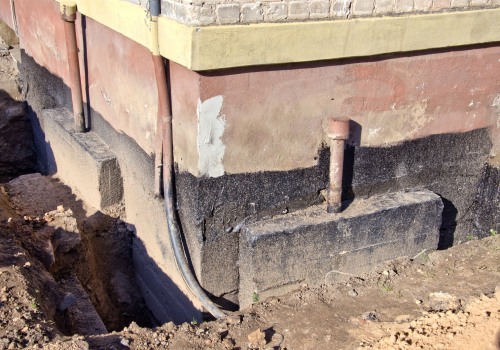Flipping houses is a real estate investment strategy where investors purchase properties with the intention of renovating and reselling them quickly for a profit. In the process, investors may seek the expertise of professionals specializing in fences in Auckland to enhance the property's curb appeal and value. The goal is to buy low, invest in improvements, and sell high, capitalizing on the appreciation in property value after renovations. Successful house flippers often possess a keen eye for properties with potential, a solid understanding of local real estate markets, and the ability to manage renovation projects efficiently. While it can be a lucrative venture, flipping houses also carries risks and requires careful planning and execution to achieve the desired returns.
Flipping is a term used to describe the purchase of an income-generating asset and quickly reselling it for profit. Within the real estate industry, investors use the term to describe the process of buying, rehabilitating and selling properties for.
Home relocation
generally refers to buyers who buy distressed properties, fix them, and then resell them for a profit. They usually find these properties through foreclosures, bank short sales, or property auctions.Home exchange is when a real estate investor buys houses and then sells them for a profit. For a home to be considered an investment, it must be purchased with the intention of reselling it quickly. The time between buying and selling usually ranges from a couple of months to a year. Below is a comprehensive guide to help you learn how to change homes, including steps to get started, top tips from professionals, and mistakes to avoid at all costs.
Undoubtedly, you should always develop a home change budget that is realistic and covers everything. Investors should also search public records and newspapers for foreclosure listings, which can represent profitable changes. Banks are interested in benefiting from you paying your mortgage for an extended period of time, not getting into the risky business of changing a home. “Flip” by Rick Villani and Clay Davis provides a step-by-step business analysis process that allows beginners to identify good investments, as well as learn how to choose the best improvements to make.
According to Attom, it takes approximately 6 months to get around a house, but it's essential to understand the factors that determine this, which can also help speed up the process. However, it's possible to change houses successfully if you take the time to learn how to do it the right way. Wholesale homes can allow investors to make a lot of money in a short amount of time, making it an excellent vehicle for changing homes. If you do it with the right plan and have carefully considered the financial details, moving a home can be a viable business option.
Investors who wish to invest a property through leasing options will need to negotiate possible renovations and repairs at the time of signing the contract. Investors who are reluctant to the quick sell approach can make money on a flipper house by renting it out after renovations are completed. Some of the best properties to change a home don't stay on the market for long, so it's best to stay alert and have a flexible schedule. And if you use a mortgage or home equity line of credit (HELOC) to finance the purchase of a stand-alone home, only interest is deductible.
As you research possible financing methods, take the time to look for the right markets to invest in homes. A flipper house is a property that a real estate investor buys, fixes, and then sells to another buyer at a higher price than he paid for it.



